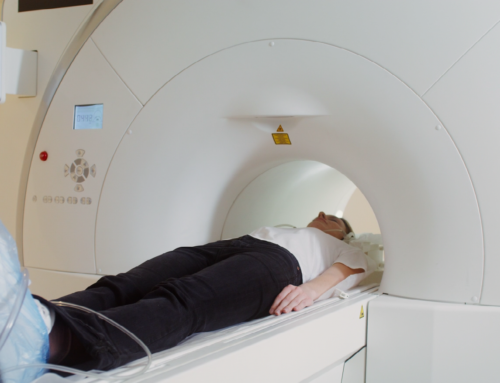September 4, 2023 | Eric Steele

Most discussions about accidents and injuries tend to focus on the visible, physical damages a person endures. Broken bones, bruises, or other tangible injuries are often at the forefront of compensation claims. However, beneath these evident injuries, there can lurk unseen traumas – psychological scars that can, at times, be even more debilitating than their physical counterparts. It’s crucial to recognize and address the mental aftermath of injuries, ensuring victims receive the comprehensive support they deserve.
The Invisibility of Emotional Scars
Following an accident, it’s standard protocol for victims to undergo a medical examination to determine the extent of their physical injuries. Yet, mental and emotional traumas might not manifest immediately. These can develop over time, long after the wounds have healed. Symptoms such as anxiety, depression, post-traumatic stress disorder (PTSD), and phobias can stem from accidents and injuries.
Why Psychological Injuries Occur
The genesis of psychological trauma after an accident is multifaceted. Here are a few common triggers:
1. Reliving the Moment: Victims may repeatedly visualize the accident, leading to intense feelings of fear and vulnerability. These flashbacks can interrupt daily activities and disrupt sleep.
2. Physical Limitations: Adjusting to temporary or permanent physical restrictions can be emotionally taxing. This can trigger feelings of frustration, sadness, or even depression.
3. Dependency: Relying on others for basic tasks can affect one’s self-esteem and sense of independence.
4. Financial Strain: Medical bills, loss of work, and other expenses can lead to financial pressures, contributing to stress and anxiety.
Recognizing the Symptoms
It’s essential for victims, and their loved ones, to identify signs of psychological distress. Symptoms can include:
– Persistent feelings of sadness or hopelessness.
– Avoidance of places or activities that remind them of the accident.
– Irritability, anger, or mood swings.
– Sleep disturbances, nightmares, or insomnia.
– Changes in appetite or weight.
Seeking Help
Acknowledging psychological pain is the first step towards healing. It’s imperative to consult mental health professionals who can offer guidance, therapy, and coping strategies. Additionally, joining support groups can provide victims with a platform to share their experiences and emotions.
Legal Ramifications
Psychological injuries can, and should, be considered in personal injury cases. It’s not just the visible injuries that deserve compensation but also the hidden emotional and mental scars. Victims should document their mental health journey, attend regular check-ups, and maintain a record of therapy sessions, medications, and any other associated costs. This documentation can play a pivotal role in ensuring they receive rightful compensation for their complete ordeal – both physical and psychological.
Final Thoughts
The aftermath of accidents and injuries isn’t confined to just broken bones or scars; it can seep deep into the psyche of victims, affecting their overall well-being. Recognizing, addressing, and seeking compensation for these unseen traumas is as crucial as tending to the evident wounds. Everyone deserves comprehensive healing and justice – in every sense of the word.







Leave A Comment